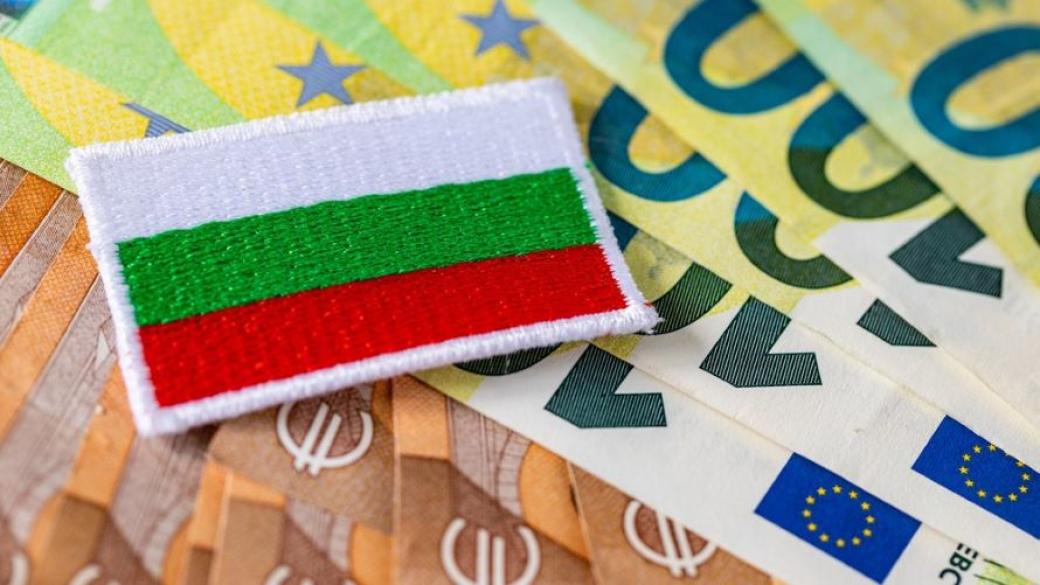UBB expects Bulgaria to rein in its inflation only next year
Estimates for the Bulgarian GDP have been lowered due to the recession in Germany and the political crisis in Bulgaria

© ECONOMIC.BG / Depositphotos
Yet another big bank in Bulgaria – UBB – expects that the country will only meet the inflation criterion for the Eurozone next year. In its monthly economic bulletin for October, the bank forecasts the average annual inflation in Bulgaria to slow from 8.6% in 2023 to 3.1% this year and 3% next year.
The data remains unchanged from forecasts made in the September edition of the bulletin but represents a slight downward revision from the January estimates. At that time, the assumption was that the average annual price growth in Bulgaria would be 5% this year and 3% next year.
"For its part, the average 12-month inflation, relevant for the admission to the Eurozone, slowed in August to 3.8%." The benchmark - the average of the three Eurozone countries with the lowest inflation, plus 1.5 percentage points - also fell to 2.7%,
outlining the possibility of convergence in the next 3-6 months", UBB states in its analysis.
The analysis of the chief economist of UBB, Emil Kalchev, comes days after another major bank in Bulgaria - Unicredit Bulbank - predicted that the fulfillment of the inflation criterion for the Eurozone would only happen in March next year.
The two forecasts represent a slight delay compared to the plans of the Ministry of Finance for Bulgaria to be within the permissible limits for the currency union "in December at the latest".
According to the latest data as of August, the price index, which is used to assess convergence, is about 1.5 points above the permissible limits for the Eurozone.
As for the country's economic growth, the UBB forecast is no exception to the general trend of lowering expectations for the performance of the national economy. GDP is expected to grow by 2.2% this year (with 2.3% forecast growth in September) and by 2.6% in 2025 (with 2.8% in September). For comparison, in January the forecasts stated an increase of 2.3% for this year and 3% for the next year.
As reasons for the downward revision, UBB cites
the recession in Germany, Bulgaria's largest trading partner, and the deepening political crisis in our country".
Last month, the European Bank for Reconstruction and Development (EBRD) also lowered its forecasts for the Bulgarian economy, saying that it will expand by 2.2% this year, while next year growth will accelerate to 2.9%.
Similar pessimism is noted in the Unicredit report. According to that financial institution's worst-case scenario, in which populist and Eurosceptic parties have a majority and form a government, next year's GDP growth will be 2.6%. The optimistic scenario comes close to the calculations made by the other two banks, as it includes an economic expansion of between 2.9 and 3.1%.
Translated by Tzvetozar Vincent Iolov

 Simona Gotsova
Simona Gotsova 


